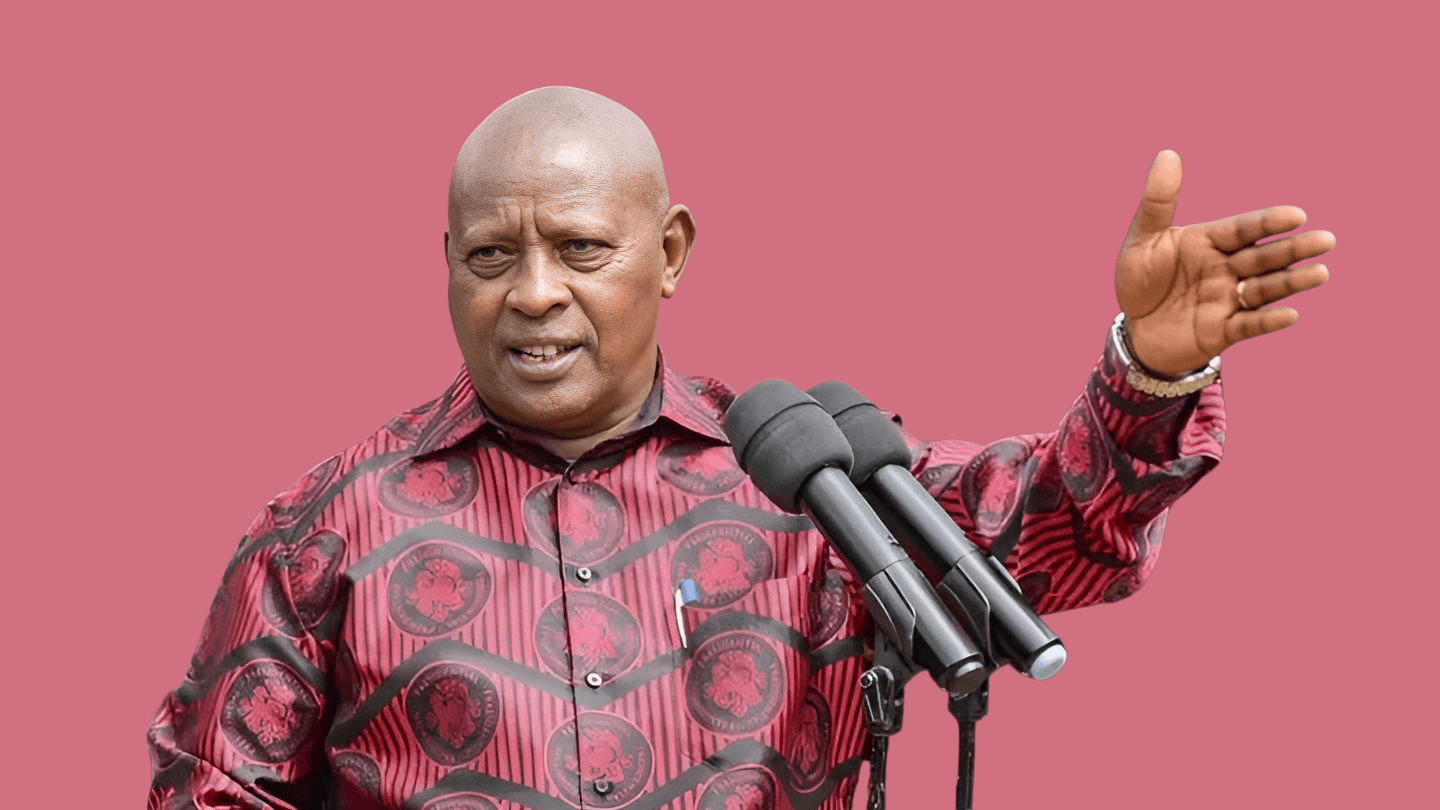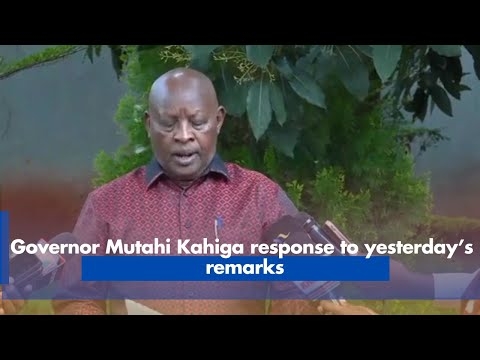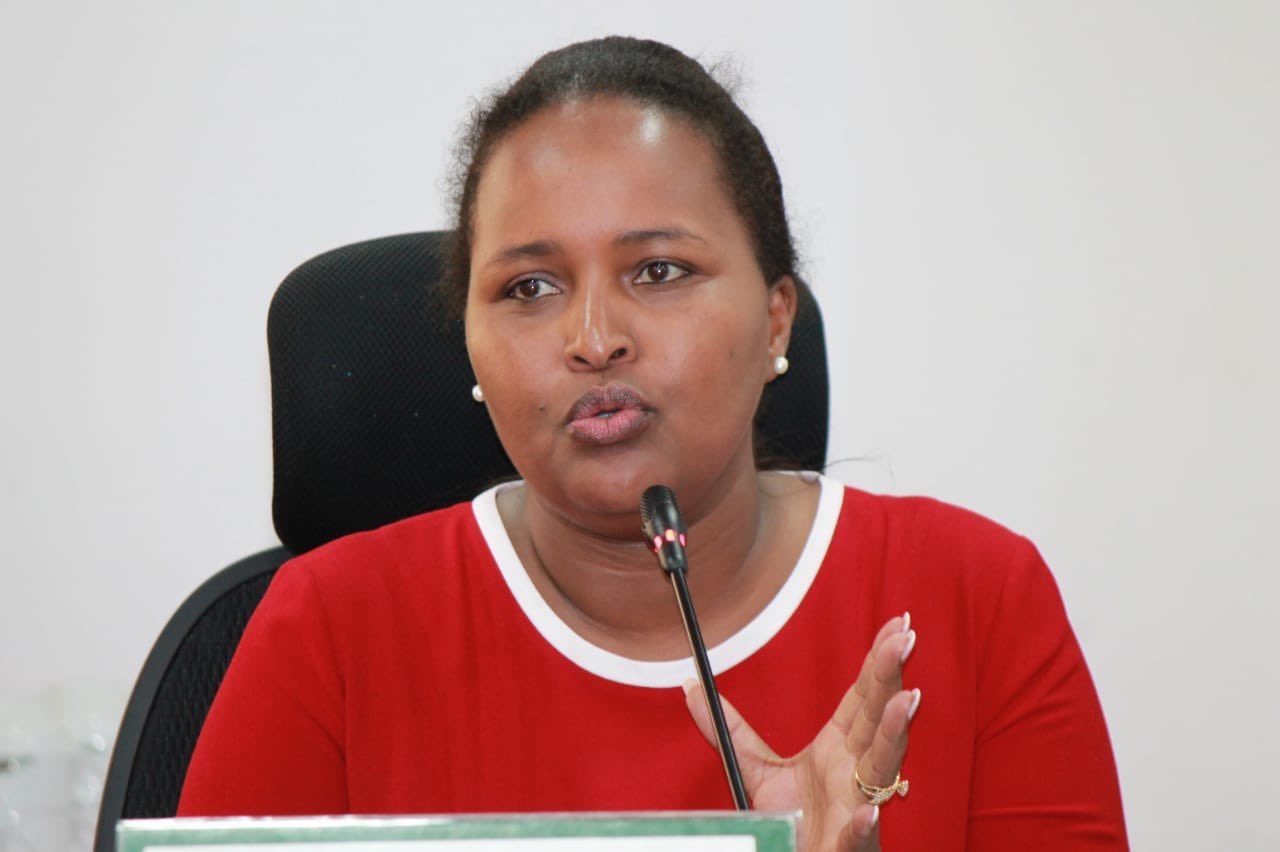Mogo Kenya plans to finance over 10,000 electric bodabodas in the next two years, as part of the funding that the asset finance firm received from United States International Development Finance Corporation (DFC).
The company is one of three e-mobility companies in Kenya that have collectively received $30 million (Ksh 3.9 billion) in financing to advance e mobility in the country.
The asset financing firm says it has invested Sh1.3 billion of the funding into expanding its electric mobility financing portfolio.
MOGO CEO for Africa and Asia, Tomas Sudnius said that The firm is concentrating on financing e-bikes and three-wheelers, making various EV brands accessible to Kenyans across the country.
“We have invested more than $50 million (Sh6.4billion) in Kenya in the past five years as a group. In electric bodaboda over the last two years we’ve put in Sh140 million and financed 1000 e-bikes,” said Sudnius
Kenya is among the fastest-growing electric vehicle markets in Africa.
Registrations of battery-operated cars and bikes in the country increased by more than five times in the past year.
While several EV brands are competing for a share of the market, much of this growth has been powered by asset financing companies.
U.S. Ambassador to Kenya Meg Whitman, who visited MOGO's electric vehicle (EV) showroom in Nairobi on Monday, praised Kenya’s progress in decarbonizing its transport sector.
“These investments create high-quality jobs for Kenyans in a growing industry, and they are part of an overall strategy to reduce dependence on fossil fuels, modernize the country’s extensive transport system especially in urban areas, and address growing climate crisis concerns,” said Whitman.
A latest e-mobility study by Strathmore University shows a single petrol bike emits 4.2 tonnes of carbon gas every year, meaning that the two million boda boda industry which brings Sh1 billion to Kenya’s economy, erodes the returns by generating at least 8.4 million tonnes of carbon.
“There are multiple factors that Kenya and Sub-Saharan Africa face generally but most crucially affordability is a key barrier to achieving e-mobility. By investing in e-mobility, we aim to not only expand access to economically empower Kenya’s fast growing MSME sector but also mitigate the impacts of global warming,” said MOGO Kenya country manager Domas Mineikis.
Over the past five years, MOGO has lent Sh20 billion for boda boda and motor vehicle loans, providing affordable financial products to more than 120,000 Kenyans.
The Kenyan government envisions that by 2025, at least 5 per cent of all registered vehicles in Kenya will be electric.
According to government statistics, Kenya’s grid capacity is sufficient to support e-mobility.
The Kenyan government has pledged to support the acquisition of electric motorcycles, aiming for 200,000 units by the end of 2024.
The United Nations Environment Programme estimates that a global transition to electric motorcycles could prevent 11 billion tons of carbon dioxide emissions by 2050, saving motorcycle owners a combined Sh5 trillion (USD 350 billion) due to lower fuel and maintenance costs.











